“Rather than struggle against time and waste it, let’s dance with time and redeem it, because we don’t live longer when we try not to die, we live longer when we’re too busy livin.”
This is a quote from New York Times bestselling author Matthew McConaughey’s, Greenlights, and relevant to the bedrock of Club Forget Me Not, a Summit County non-profit organization which aims to manifest a safe, therapeutic community for children ages 5-18 who have experienced the death of an immediate family member.
Creator and founder of Club Forget Me Not, Stacy Smith, works in collaboration with the Breckenridge Outdoor Education Center (BOEC) to create a place where these young people can get back to living a fulfilling and meaningful life by participating in overnight camps with a community of peers that have had similar experiences. A place where death and dying can be talked about in an open and non-judgemental environment. A place that does wonders for those taking part in the healing powers of nature.
Stacy’s passion was ignited two and a half years ago when teaching General Psychology 101 at Colorado Mountain College in Breckenridge and was given the chance to add another cla
ss to her slate. On a whim she chose “The Psychology of Death and Dying” and the class took off. In fact, it became so wildly popular that it helped to launch the same course at 14 different universities across the country, and multiple ones abroad. It seemed that people were starting to agree that this is a subject matter that should not be ignored.
“I realized that there is this incredible hole that we are missing in our human connection with people in the mental health industry,” says Smith. “And this missing connection is prepping for the end of life, dealing with somebody who’s dying, and dealing with grievers after a loved one has died. I became super passionate about it and that’s how it all happened.”
This spark has now led to the majority of her life teaching the aforementioned class, working as a licensed professional counselor, and running Club Forget Me Not, all of which is meant to change the way we feel about death and our own mortality.
“Death and grief are the ultimate equalizer because it is the one thing that every single person on this planet will experience. We are all going to go through it and we do everything we can to avoid it and avoid talking about it. I look at it and it seems so simple to me. We’re all going to have to deal with it, so why aren’t we talking about it?” asks Stacy.
For Club Forget Me Not, Stacy puts her words into action as her team of trained clinicians gather a few times a year to get these kids out on unique overnight experiences in a therapeutic setting.
“The overnight therapeutic camps with the BOEC are by far the most powerful events we’ve ever had,” says Smith. “The BOEC staff is so comfortable and supportive with us and they do an amazing job. I’ve been to a lot of places, a lot of camps, a lot of things on my own and I have never had a group of human beings just lean into this and be so open and so comfortable like the BOEC staff is.”
It’s the similar philosophies between BOEC and Club Forget Me Not that makes this such a great partnership.
In fact, one of her favorite memories of her time with the BOEC was when the kids were writing letters to whomever they felt they needed to. Stacy says that at this particular time the host staff typically retreats and let’s them do their own thing. However, the BOEC staff did the opposite and actually blended into the exercise and wrote and shared their own letters with the group.
“It was amazing, I can’t pay for that kind of stuff,” Stacy exclaims. “People just really opened up, got really real, really raw. It was just one of the most beautiful moments because people really ripped themselves wide open and got really vulnerable. And the BOEC staff was right there with us!”
It is this openness that really provides the therapeutic benefits for all involved. Yes, getting outside on a hike and breathing the fresh air is an important part of the Club Forget Me Not experience, but knowing that other people are going through a similar struggle is what allows them to keep the memory alive and be able to talk freely about the person who has passed.
“There are a lot of people in this world that would rather not talk about it when somebody dies because they feel like it will cause more harm or dredge up sad memories,” Stacy says. “However, these kids can say whatever they want to us and to each other. It’s just a place where they can be comfortable and safe..”
Stacy has now devoted her life to the subject of death and grieving and could not be more pleased to watch these kids grow and have a safe place to share their memories.
“We have a very unique community that has turned into one of the most powerful families that anybody would want to be a part of,” she says. “Yea, I do get to feel good because I get to see these kids grow and see their families happy and laughing even though they’re talking about the person in their life that died.”
And this unique community includes the BOEC.
“I continue working with places like the BOEC because the staff makes our job easier as they are so invested in it,” says Stacy. “That’s what the purpose of this is … creating a community of all encompassing people that simply care because they care. We are super pumped to do some more programming with BOEC this fall.”

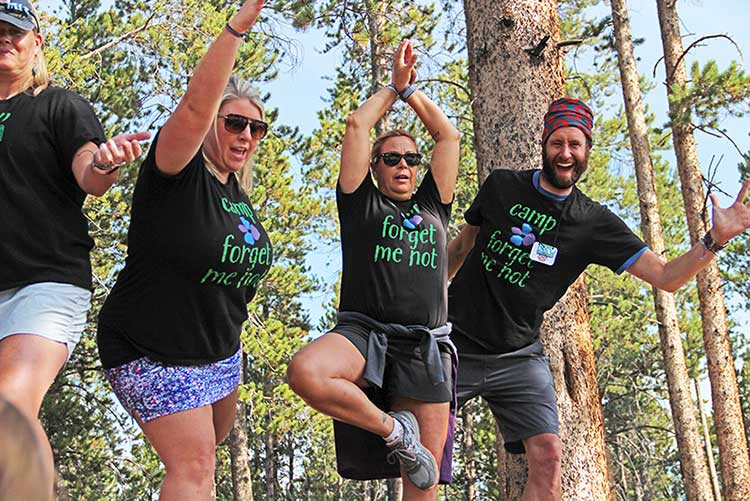
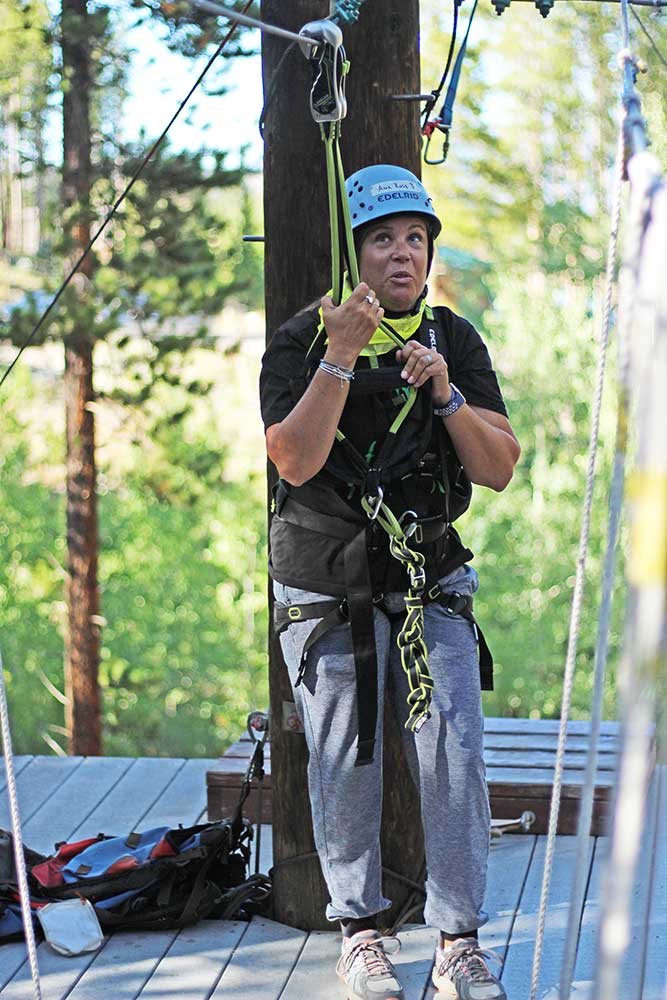

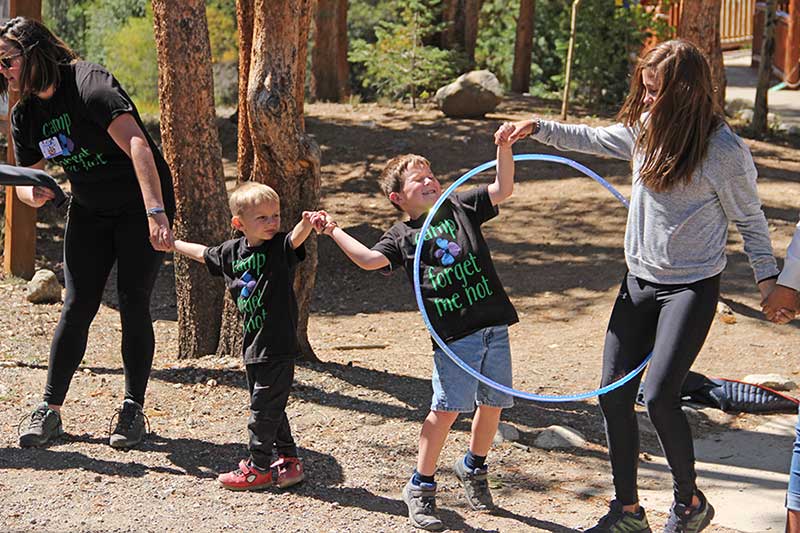
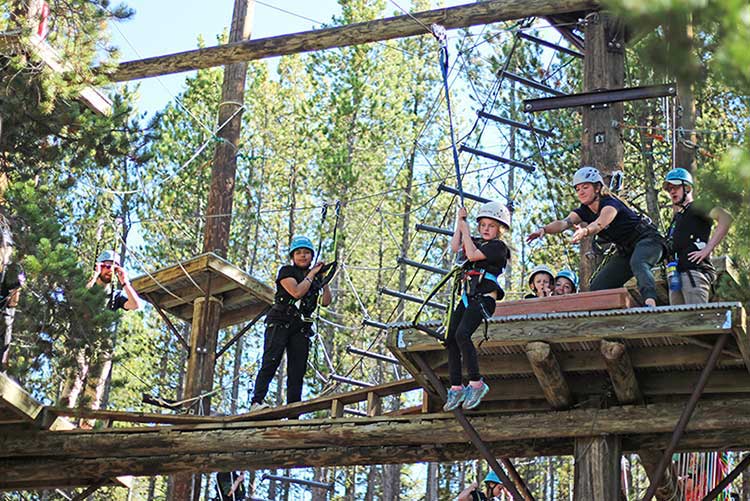
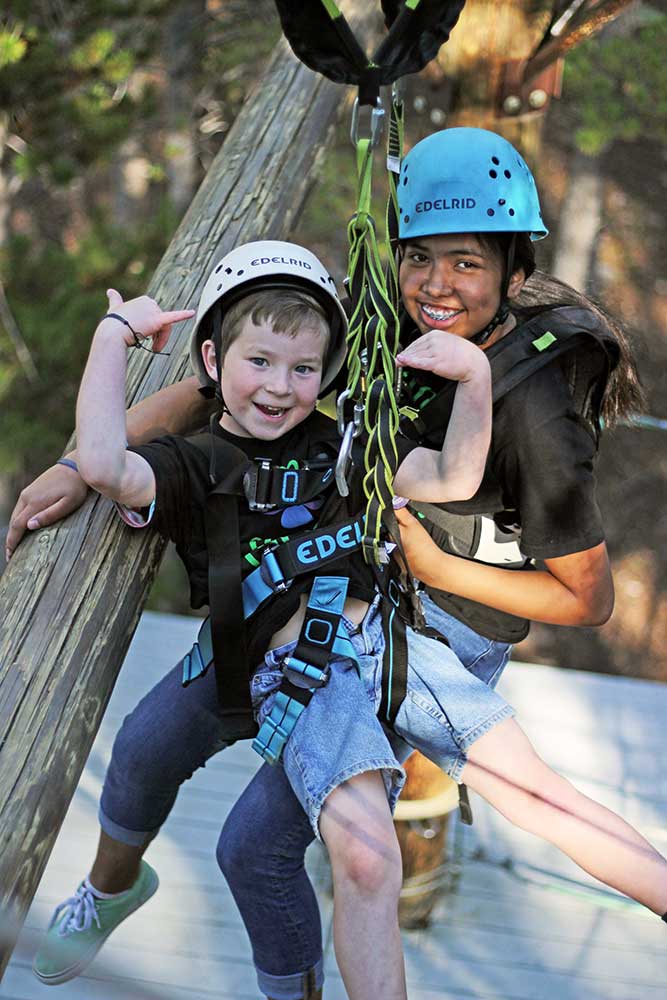
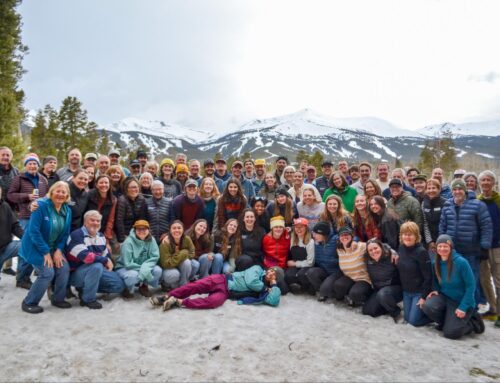
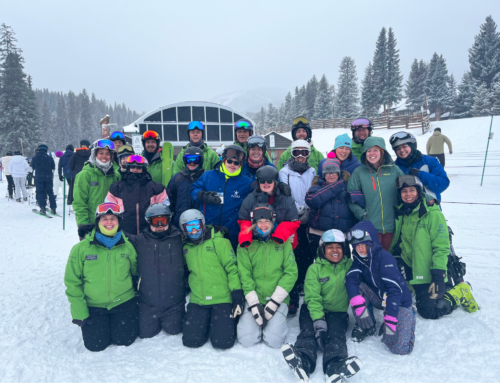
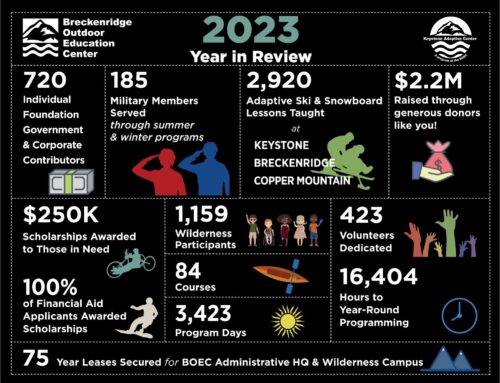

Leave A Comment